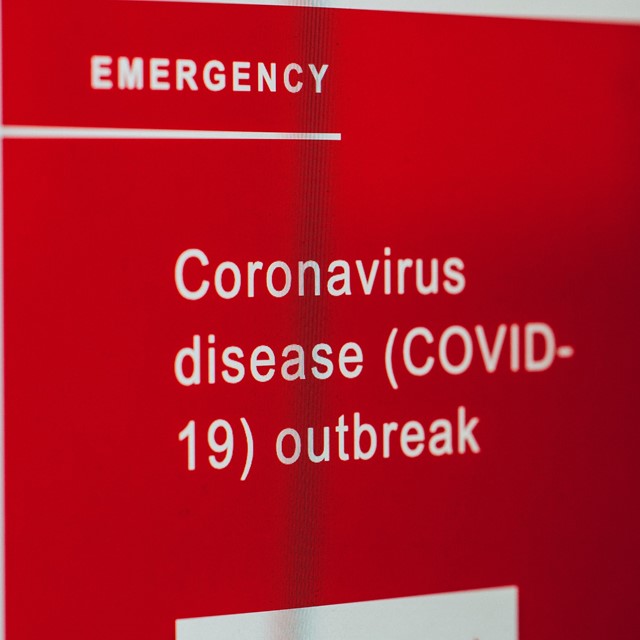
By JENNY MAXWELL
I know communicating in a time of crisis isn't easy—though I've said to more than one person lately, it's not a particularly complicated formula.
As an article in The Washington Post put it on Saturday:
"The fundamental principles behind good public health communication are almost stunningly simple: Be consistent. Be accurate. Don’t withhold vital information."
Twelve years ago, I worked on some of the public information elements for South Carolina’s pandemic flu task force.
The last month, I’ve watched and worried (as my Buckley colleagues will attest), seeing many of the scenarios we projected then becoming real now.
When we were producing PSAs, guidebooks, and communication plans back in 2008, I remember saying to health experts, "Wash your hands? Stay home? That’s all you’ve got for me?"
Now, washing my hands and staying home feel like clear-cut, important things I can do. The steady instructions, backed up with explanations of why these things are effective, are the reasons I feel that way, I'm sure.
If you're having to communicate with employees, customers, or communities right now, here are a few resources I've come across that may help:
The CDC Crisis & Emergency Risk Communication (CERC)
You'll find an extensive manual here to download, though you may find the wallet card more useful for quickly working through your message and preparing for questions.
The manual is described in The Washington Post article I referenced above.
Must-know terms for COVID-19
NPR compiled a list of terms that are flying around these days and defines them. Do you know the difference between quarantine and isolation? Those words seem to be confusing a lot of people.
While we're advocates for using simple words as much as possible, you have to understand the terms to translate them for others—as well as use them correctly yourself. It's easy to start repeating what you hear without completely understanding what the words mean.
Harvard Business Review: Communicating Through the Coronavirus Crisis
In this concise article, Dartmouth's corporate communication professor Paul Argenti provides a five point outline for thinking through how your organization should communicate, who needs to be involved, and the types of information your different audiences need.
Good for anyone having to get a message out right now, this could be especially helpful if you’re a small business owner looking for some straightforward guidance.






